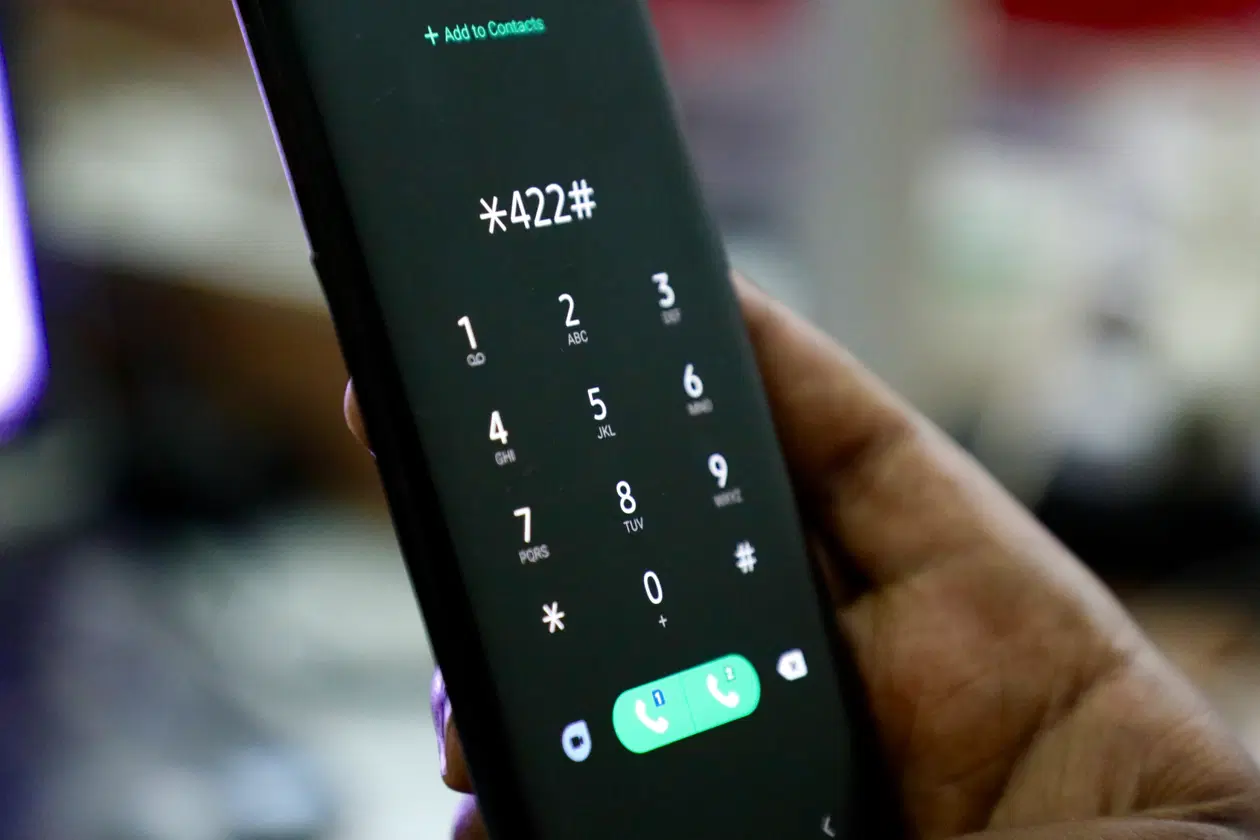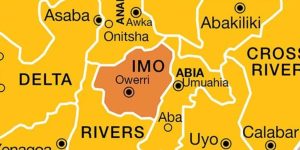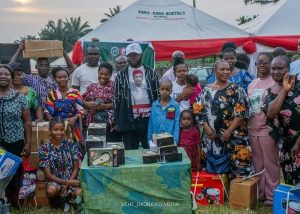USSD Charges Crisis: Telcos Threaten Service Withdrawal Over Banks’ ‘Misinformation’
In an unfolding saga that underscores Nigeria’s complex digital finance infrastructure, telecommunications operators have issued a stern warning to commercial banks over what they describe as deliberate misinformation surrounding Unstructured Supplementary Service Data (USSD) charges. The controversy has re-ignited debates about transparency, regulatory oversight, and the sustainability of the USSD-based mobile banking framework.
On June 3, 2025, several commercial banks issued public notices informing customers that, in line with a supposed directive from the Nigerian Communications Commission (NCC), USSD charges would no longer be deducted from their bank accounts. Instead, customers were told that charges for USSD sessions would now be deducted from their mobile airtime balances, at a rate of ₦6.98 per 120 seconds. These notices claimed to align with a new “End-User Billing” (EUB) model allegedly mandated by the NCC.
According to the banks, users would receive a consent prompt at the beginning of each session. Upon confirmation and the bank’s availability to process the service, the session would be billed by the mobile network operator. For customers unwilling to comply, discontinuation of USSD banking was advised.
However, this announcement did not go down well with the telcos. Under the aegis of the Association of Licensed Telecommunications Operators of Nigeria (ALTON), major telcos—including MTN, Airtel, Globacom, and 9Mobile—denounced the banks’ message as deceptive and potentially damaging to public trust. ALTON Chairman Engr. Gbenga Adebayo criticized the banks for misrepresenting a joint regulatory agreement, clarifying that no such unilateral directive was issued by the NCC.
“The banks are distorting the facts to favor themselves. The NCC did not issue a directive as claimed. What we had was a multi-stakeholder agreement involving the NCC, CBN, telcos, and banks,” said Adebayo. “The understanding was that banks could migrate to the end-user billing model only after settling outstanding USSD debts owed to telecom providers. That condition has not been fully met.”
The USSD debt issue is a longstanding dispute between banks and telcos. Banks have accumulated massive unpaid debts over the years for USSD services facilitated by telecom networks. Although a few banks have cleared their dues, most have not, according to ALTON.
Adebayo continued: “As of June 2, 2025, the majority of banks had not settled their debts. Until that is resolved, implementation of any billing model—including the EUB model—remains suspended. It is therefore irresponsible for banks to prematurely inform customers otherwise.”
He went further to hint at possible service disruptions if banks continue to violate the spirit of the agreement. “If this continues, we may have no choice but to withdraw USSD services for banking altogether. It is not compulsory. But if they want to keep using it, they must honor their obligations first.”
The implications of such a move would be profound. USSD banking is a lifeline for millions of Nigerians who rely on simple feature phones and lack access to internet-enabled smartphones. Removing telco support for USSD could effectively cut off access to basic banking for a large segment of the population, particularly in rural areas.
YOU MAY READ
N203 Billion Missing? Soludo’s Final Year in Office Raises Alarming Questions Over Anambra’s Financial Transparency
This standoff also brings to light a larger problem: the lack of coordination and transparency between financial institutions and service providers in Nigeria’s digital economy. The contradictory messages between banks and telcos leave customers confused and erode public trust in mobile banking services.
Regulatory agencies have so far remained quiet, though industry observers expect the NCC and Central Bank of Nigeria (CBN) to release clarifying statements in the coming days. There are also calls for greater consumer protection frameworks to ensure that such critical services are not disrupted due to disputes between corporate entities.
In the meantime, customers are advised to verify USSD charges directly with their service providers and banks, and to exercise caution before consenting to any airtime deductions. The current uncertainty makes clear the urgent need for a harmonized digital finance policy that prioritizes end-users over corporate rivalry.
Unless resolved quickly, the USSD charges dispute may mark a new chapter of instability in Nigeria’s mobile banking journey, one that could reverse years of financial inclusion gains.





